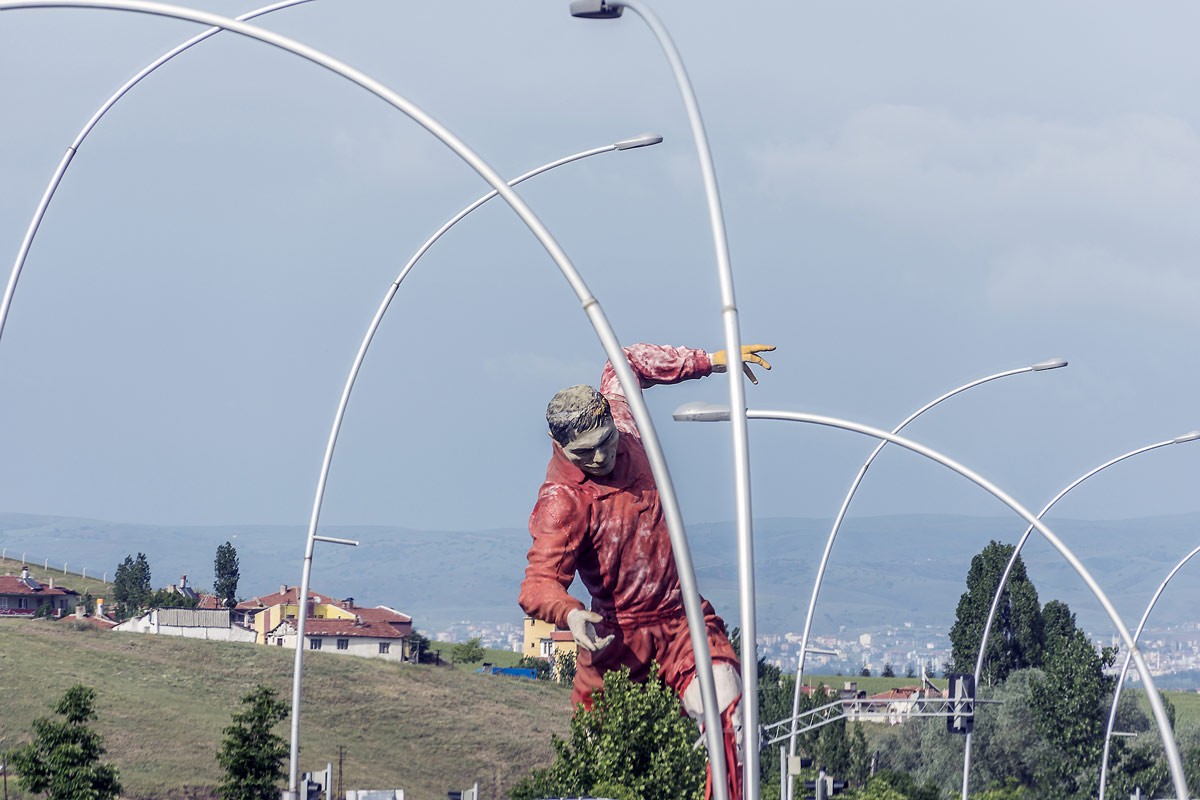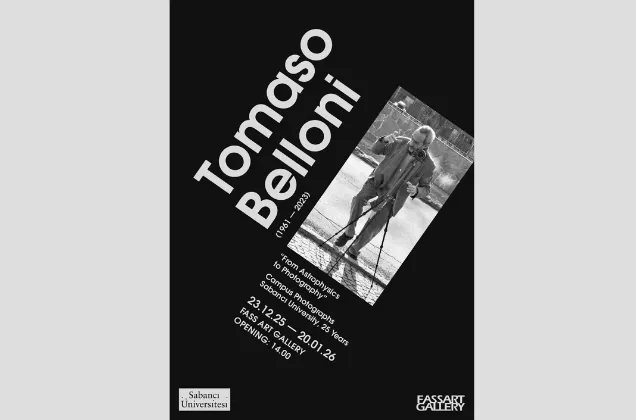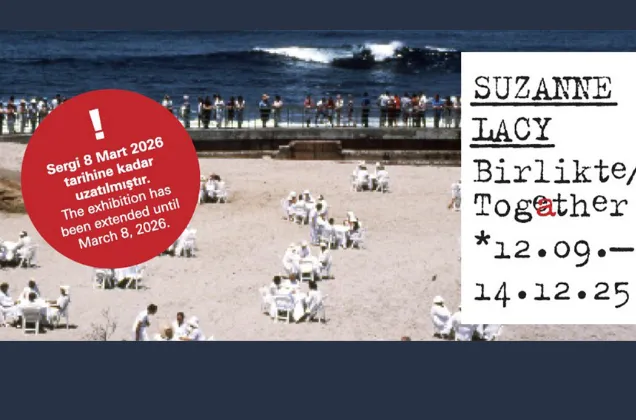29/07/2015
FASS Faculty Member Murat Germen’s exhibition “Ankara: From pioneering modernism to imitative mimesis and faux futurism" will be available for viewing at Erimtan Museum until September 30.
Murat Germen’s exhibition is displayed in the temporary exhibits section of Erimtan, the first private archeology museum of Ankara, located in the historical Castle district.

The exhibition is centered on Ankara as the strategic capital of the new Republic in the wake of the collapse of the Ottoman Empire, and visualizes the decisions and changes that made an impact on the city and the urban culture through photographs. The exhibition includes panoramas varying between 3 to 8 meters in width, hundreds of A4-size documentary photographs, and some digitally-edited photographic images to enable visitors to compare the present of the city to its past.
Murat Germen uses photography as a tool for research and expression, and deals with the superficial impositions on the city and its culture, disregarding the continuity of cultural heritage, and public and green spaces. According to Germen, the exhibition juxtaposes different urban planning tactics employed throughout Republican history and the traces or scars left on the city by different ideologies for comparison.

Germen says that the outcome is imitative mimesis accompanied by an excessive vertical development, continuing: "Urban culture is shaped by fine arts, literature, performing arts, gastronomy and folkloric tradition - locally sourced productions in various areas of creation. Cities provide the grounds and resources for such production while museums, NGOs, foundations, institutes and similar institutions archive, safeguard and share these. Thinking that cities consist simply of high-rise residences, malls and roads is a tremendous mistake. If a settlement only consumes and cannot produce adequately, calling that place a city has its dangers. If the producers of culture are under constant intimidation by conservative administrations, the city ceases to be an urban space, and turns into a gigantic village where a pseudo-urban, faux-popular culture is manufactured.
One habit that is detrimental to culture in Turkey is the tendency of masses, individuals, administrations and organizations to demolish what was built before, replacing them with new structures that belong in their own customs. Current rulers believe they have the right to destroy things that have been done reasonably well by former generations just because they are the products of a different ideological, cultural or religious perspective. Succeeding generations don't opt to lay another brick on what was built before. This causes fragmentation between various components, heritages and peers within the culture of Turkey, and instills resentment among the denizens of a country. A magnificent estate composed of a fascinating number of layers loses its ability to sustain itself as an essence worthy of respect, and is ousted by provincialism. While several discrete components of the society, deprived of unity and respect for the other, clash with each other, certain groups emerge to reap the benefits. Government authorities and businesses are strong and dominant, while a society of independent and free individuals grows weaker.

A healthy cultural transformation is not possible in the absence of a balance achieved by social components that respect each other, administrations that are willing to lend their denizens an ear, independent individuals that possess responsibility and consciousness, and visionary capital owners who prefer to generate long-term profit through quality rather than going for quick and cheap ripoffs."




